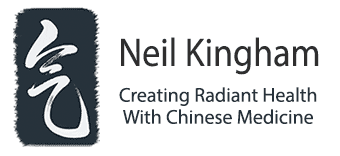Qi Gong
Qi Gong (or ‘Chi Kung’) is one of the branches of Chinese Medicine, and is closely related to T’ai Chi (taiji). It literally means ‘energy work’ and is considered by many both the most important and the most profound method of health maintenance and spiritual development.
Qi Gong is typically divided into 5 types: Taoist, Buddhist, Confucian, Medical & Martial, however, these are broad categories and many styles fall into more than 1 category. In fact, Confucian Qi Gong is rare, ands most types can be traced back to either Buddhist or Taoist roots.
The exercises of Qi Gong normally consist of a few slow movements in sequence combined with specific breathing techniques, and sometimes visualisations. Sometimes no movements are used, especially in meditation exercises. Most styles have many different exercises for different purposes. When practicing, short but regular practice is normally encouraged rather than long but infrequent practice.
First references to this ancient art appear in Chinese texts dating from as early at 700 BCE. Zhuang Zi, writing in 600 BCE said ‘breathing techniques can improve metabolism; moving like a bear and a bird will result in longevity’. Around 250 BCE the famous Taoist doctor Hua To created the ‘5 animal play’ Qi Gong in which mimicing animal movements was said to balance the 5 elements and improve health and wellbeing.
Pretty much all Qi Gong has overall health maintenance as one of its main aims. Medical Qi Gong focuses on this aspect, specifically in the treatment of illness. Martial Qi Gong is perhaps the style least interested in healing, and concentrates on developing fighting and self defence skills.
Most Qi Gong, and certainly the Taoist and Buddhist types, is seen as a form of self development in which the physical, mental, emotional and spiritual spheres are all improved through practice. Most Qi Gong practitioners notice better health, improved posture, deeper breathing and a calmer more positive outlook. With dedicated practice, spiritual development can be persued, if desired.



